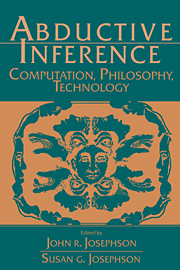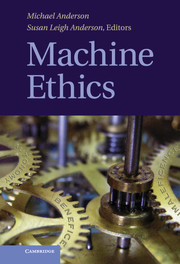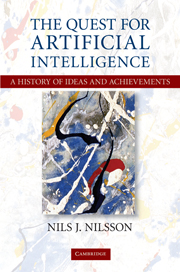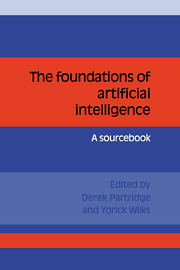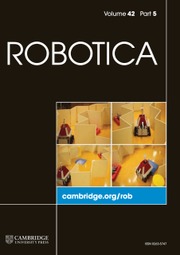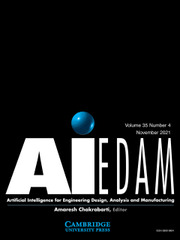Abductive Inference
This book is about abduction, 'the logic of Sherlock Holmes', and about how some kinds of abductive reasoning can be programmed in a computer. The work brings together Artificial Intelligence and philosophy of science and is rich with implications for other areas such as, psychology, medical informatics, and linguistics. It also has subtle implications for evidence evaluation in areas such as accident investigation, confirmation of scientific theories, law, diagnosis, and financial auditing. The book is about certainty and the logico-computational foundations of knowledge; it is about inference in perception, reasoning strategies, and building expert systems.
- Analyses abduction as an information-processing phenomenon
- The work brings together artificial intelligence and philosophy of science and is rich with implications for other areas
Reviews & endorsements
'This book is rich in detail and worthy of study either by those interested in the computational problems of abduction or by those interested in the transformation of philosophical questions about knowledge into 'technical questions about the performance of information-processing systems'. David Green, The Quarterly Journal of Experimental Psychology
'The book provides a good general introduction to the effort of building abductive systems …'. Hilan Bensusan, AISB Quarterly
Product details
February 2011Adobe eBook Reader
9780511882524
0 pages
0kg
59 b/w illus.
This ISBN is for an eBook version which is distributed on our behalf by a third party.
Table of Contents
- Introduction
- 1. Conceptual analysis of abduction: what is abduction?
- 2. Knowledge-based systems and the science of AI:
- 3. Two RED systems
- 4. Generalizing the control strategy
- 5. More kinds of knowledge: TIPS and PATHEX/LIVER TIPS
- 6. Better task analysis, better strategy
- 7. Computational complexity of abduction
- 8. Diagnostic systems MDX2 and QUADS
- 9. Practical abduction
- 10. Perception and language understanding
- Appendices.

